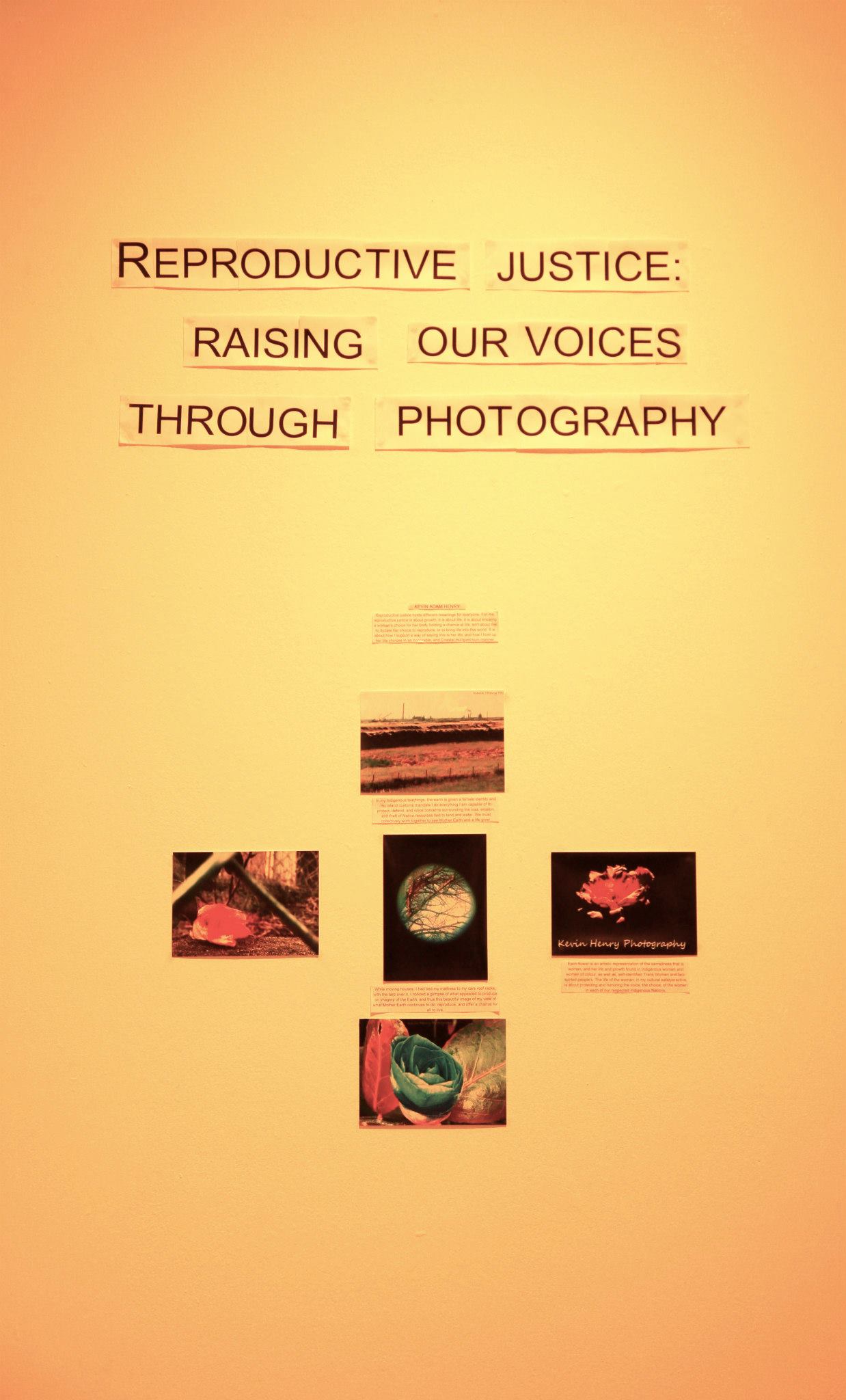The Support Network for Indigenous Women and Women of Colour (SNIWWOC) led workshops and art based activities with newcomer youth in Victoria, B.C. to discuss sexual and reproductive health and rights using a reproductive justice framework.
The Story of the Sexual and Reproductive Health and Photography Project
 This project examined reproductive justice as it relates to gender identity and expression in newcomer youth through two workshops entitled "Own Your Parts." The workshops encouraged and supported self-reflection processes as participating youth critically engaged with gender identity, gender expression, culture, and community, as these relate to sexual and reproductive health. Through group conversations, group questions, and Youtube videos, the youth explored information on human rights, sexual orientation, and gender identity.
This project examined reproductive justice as it relates to gender identity and expression in newcomer youth through two workshops entitled "Own Your Parts." The workshops encouraged and supported self-reflection processes as participating youth critically engaged with gender identity, gender expression, culture, and community, as these relate to sexual and reproductive health. Through group conversations, group questions, and Youtube videos, the youth explored information on human rights, sexual orientation, and gender identity.
The workshops included an arts based component that encouraged exploring gender and sexuality through art with an afternoon of arts and crafts, photography and the painting of a mural. Participating youth were able to formulate self-explored questions that they answered using photography as a medium.
Workshop outline and questions
Here are some of the questions that were explored in the workshops: http://www.sniwwoc.ca/2015/03/questions-we-have-been-exploring-at.html.
A Sexual and Reproductive Health Access Guide pamphlet was compiled by the youth throughout the workshops and was published as a community resource (see below!). An exhibition was also hosted following the project to share the art that was created during the workshops.
Resource: Sexual and Reproductive Health Access Guide
Click on each image to enlarge
Support Network for Indigenous Women and Women of Colour

Website: http://www.sniwwoc.ca
The Support Network for Indigenous Women and Women of Colour (SNIWWOC) is a non-profit organization based in Victoria, BC.
SNIWWOC works against the cultural, political, economic, and structural constraints that limit women's access to health care and full reproductive choice by directing research, education, and knowledge translation activities for indigenous communities and communities of colour centered around reproductive justice. They also work to use various art mediums towards the goal of reproductive justice for all, as well as to organize women and youth to challenge structural power inequalities surrounding reproductive justice in a comprehensive and transformative manner and to mobilize indigenous women and women of color around lived experiences by bringing these women together and mobilizing to affect change.


